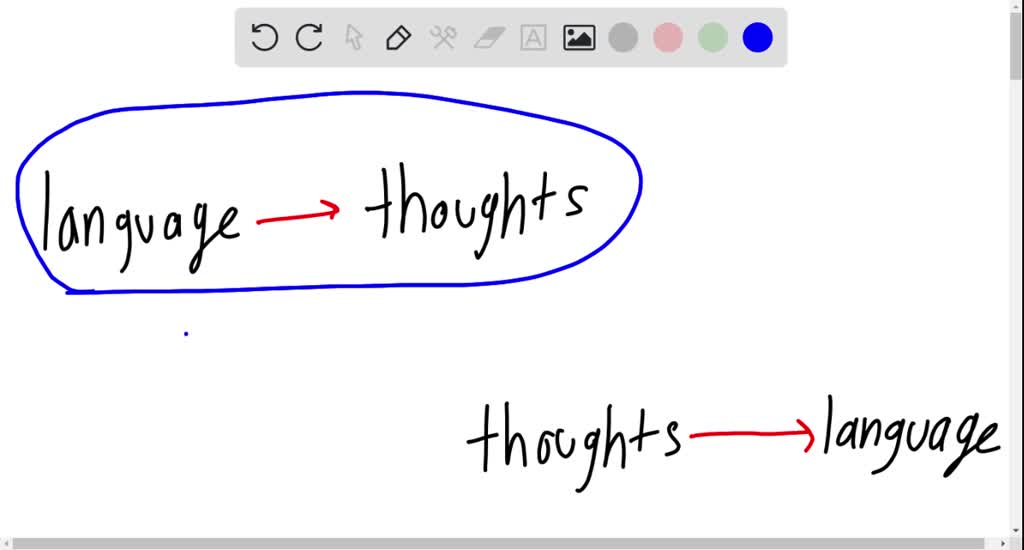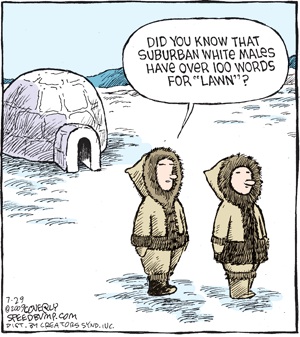


Whorf taught his seminar on "Problems of American Indian Linguistics".

He was chosen as the substitute for Sapir during his medical leave in 1938. During his time at Yale, he worked on the description of the Hopi language (including his now-infamous claims about its lack of conception of time), and the historical linguistics of the Uto-Aztecan languages, publishing many influential papers in professional journals. This led him to begin studying linguistics with Edward Sapir at Yale University while still maintaining his day job at the Hartford Fire Insurance Company. Professional scholars were impressed by his work and in 1930, he received a grant to study the Nahuatl language in Mexico on his return home, he presented several influential papers on the language at linguistics conferences.

At first, this interest drew him to the study of Biblical Hebrew, but he quickly went on to study the indigenous languages of Mesoamerica on his own. Throughout his life, Whorf was a chemical engineer by profession but as a young man, he took an interest in linguistics. The idea, however, follows from post- Hegelian 19th-century philosophy, especially from Wilhelm von Humboldt and from Wilhelm Wundt's Völkerpsychologie. This principle, named after him and his mentor Edward Sapir, was initially called linguistic relativity by Whorf because he saw the idea as having implications similar to Einstein’s principle of physical relativity. He is known for the " Sapir–Whorf hypothesis," the idea that differences between the structures of different languages shape how their speakers perceive and conceptualize the world. Hallidayīenjamin Lee Whorf ( / w ɔːr f/ Ap– July 26, 1941) was an American linguist and fire prevention engineer. Lucy, Michael Silverstein, Linguistic Anthropology, M.A.K. Wilhelm von Humboldt, Fabre d'Olivet, Edward Sapir, Albert Einstein, Bertrand Russell, C. Hartford Fire Insurance Company, Yale University Linguistics, anthropology, fire prevention


 0 kommentar(er)
0 kommentar(er)
